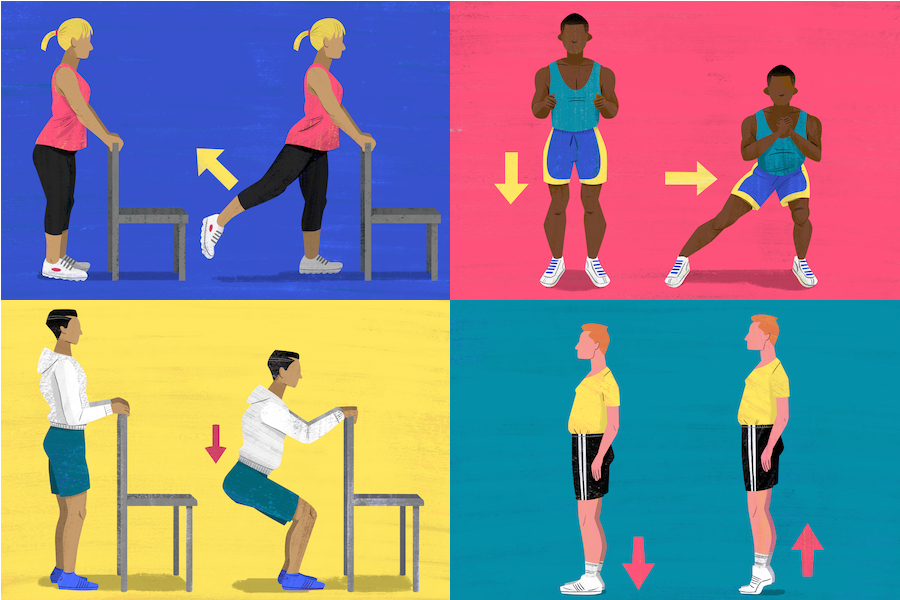Managing Osteoarthritis: The Effectiveness of Pain Medication with and without Exercise
- Julian Simpson
- Aug 19, 2022
- 2 min read
Updated: Jan 12, 2024
Managing Osteoarthritis: The Effectiveness of Pain Medication with and without Exercise
Osteoarthritis is an ever-increasing condition we see at our practice

That is why I loved this research into looking at patients who JUST take medication versus doing exercise therapy
They concluded that pain medication use patients versus patients who did exercises had small and probably not clinically important differences
So when it comes to managing your OA, speak to our team about what exercise you could be doing!
We have been helping our community for over 10+ years with their muscle and spinal problems. Please call Health Wise Chiropractic at 03 9467 7889 or book online to see if one of our Chiropractors in Sunbury or Melton/Strathtulloh could do the same for you!
OR
Chiropractic has moved online. We offer our online programs -STAND CORRECTED- To help you through the day.
They contain health advice for your conditions, nutritional advice, and exercises for you to do at home or at the workplace to help you achieve your health goals.
We understand that coming to the Chiropractic clinic may be costly and time-consuming.
This way if you can't make it into the chiropractic office, you can do any of our 20+ online health programs at your leisure.
Enjoy and we hope they spark a little bit of joy and help you achieve your health goals.
Each program contains
- Information about the conditions
- things to do and things to avoid
- nutrition advice
- all the stretches that are needed to help
The following conditions are now available for online sessions
migraine
cervicogenic headaches
cervical facet neck pain
tension headaches
cervical radiculopathy (pins and needles in the arm originating from the neck)
shoulder impingement relief
thoracic outlet syndrome
frozen shoulder
rotator cuff
chronic lumbar (Low Back) disc pain
acute Lumbar(low back) disc pain
Lumbar facet pain
sciatica and piriformis syndrome
meniscus (knee pain)
Plantar fasciitis (Foot Pain)
Shin Splints
Tennis Elbow/Golfers elbow
Carpal tunnel Syndrome
Upper Crossed Syndrome( Poor Posture)
Lower Crossed Syndrome ( Poor Posture)
Dizziness-Vertigo
Arthritis
Welcome To Chiropractic
TMJ (Jaw Pain)
Reference
Koes BW, Chiarotto A, Thorlund JB, Grønne DT, Roos EM, Skou ST. Pain Med. 2022 Jan 6. pii: pnab352. doi: 10.1093/pm/pnab352.
Results
Among the included patients, 62% were pain medication users and 38% were non-users. Among the pain medications users, 35% were classified as paracetamol users, 54% as NSAID users, and 11% as opioid users. Medication users and non-users differed regarding a higher pain intensity, poorer physical and mental health. Pain medication use before and during the education and exercise program was associated with the pain intensity at 3 months follow-up. However, patients either using or not using pain medications improved over time, and the magnitude of the difference between patient groups was small (less than 10 mm on a 0–100 scale).
Conclusions
Pain medication use is weakly associated with outcome at 3 months follow up in OA-patients receiving an education and exercise program. Between-group differences, however, are small and probably not clinically important.

Comments